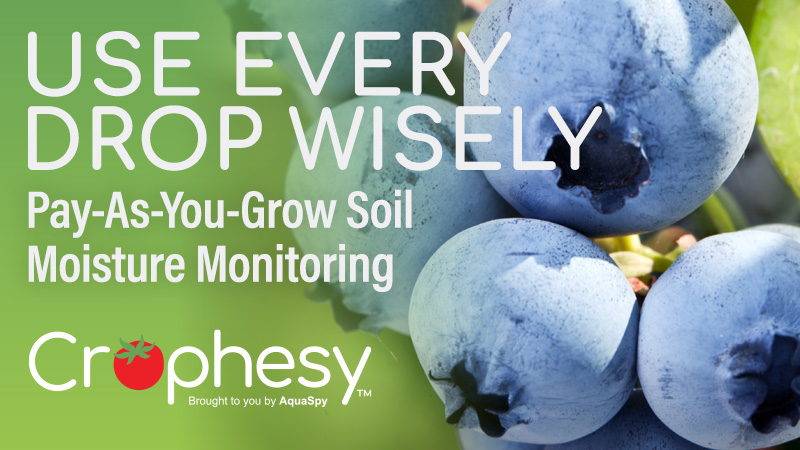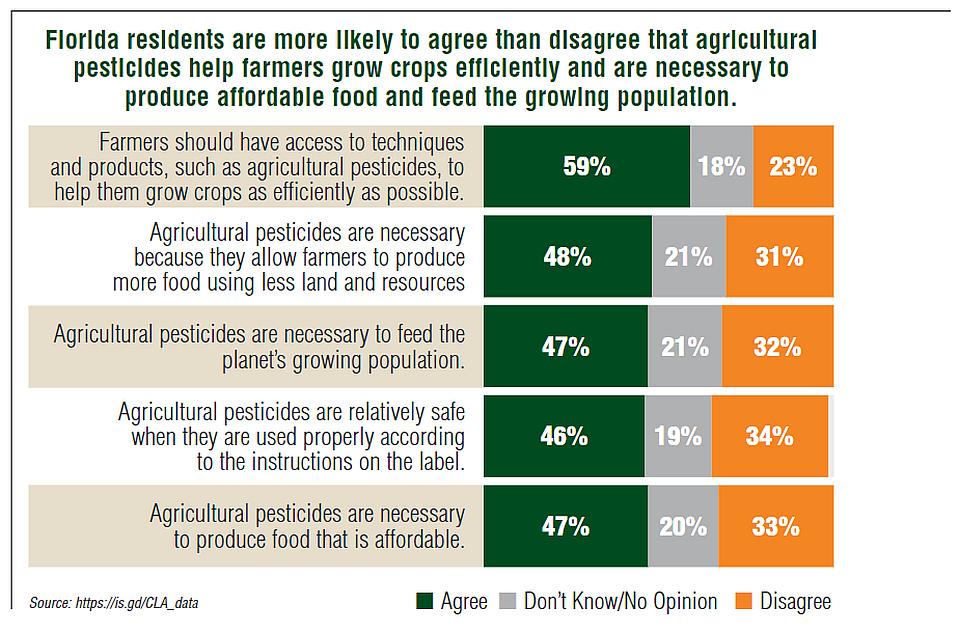Reasons More Produce Growers Should Resolve to Talk About Pesticides
Do you make New Year resolutions? I do. And, maybe this is the year my annual “eat better/exercise more” resolution lasts past January!
One 2022 work-related resolution is to reach out to more people with information about pesticides and fertilizers used in Florida. I expect that one will last much longer than a month, especially with some issues likely to come up in Florida’s 60-day legislative session scheduled to run Jan. 11 through March 11.
I got a jump-start on this resolution when Florida Farm Bureau hosted its annual Tallahassee legislative event just after Thanksgiving.
With the holiday gatherings still weighing on people’s minds, it was an ideal time for Farm Bureau members to meet with legislators to highlight all that is good with Florida agriculture and what issues the industry expects to face in 2022. Find excellent resources and handouts under the Helpful Links section at Floridafarmbureau.org/farm-bureau-days.
In regard to a South Florida pesticide issue, I was able to briefly share some information with Farm Bureau members about pesticide regulations and the registration process.
My go-to resource for federal pesticide regulatory information is CropLife America. Much of the information I shared that morning came from CLA’s website: Croplifeamerica.org/lab-to-field.
In describing how a pesticide gets from the lab to the field and why pesticides that make it through this rigorous and scientific process are safe when used according to the label, these facts are especially compelling:
• Only 1 in 10,000 discoveries will make it from the research lab through the EPA approval process to farmers’ fields, a process which typically takes about 11 years.
• Oversight and regulation of pesticides primarily falls under two federal laws: the Federal Insecticide, Fungicide, and Rodenticide Act (FIFRA) and
the Federal Food, Drug and Cosmetic Act (FFDCA).
• Under FIFRA, the EPA helps ensure that each pesticide will perform its intended function without unintended effects on human health, non-target species, or the environment.
• The FFDCA requires that EPA determine there is a reasonable certainty no harm will result from the collective exposure to pesticide residue found in foods.
• Additionally, the Florida Department of Agriculture and Consumer Services (FDACS) must approve a pesticide for use in the state. It relies on the recommendations of the Pesticide Registration Evaluation Committee, which includes representatives from FDACS, the Florida Department of Environmental Protection’s Division of Environmental Assessment and Restoration, the Florida Department of Health’s Bureau of Environmental Health, and the Florida Fish & Wildlife Conservation Commission. Even if a pesticide earns a federal registration, FDACS must approve it, too, and that doesn’t always happen.
Going forward, I hope more growers will resolve to talk about pesticides and share why and how they use them.
I am encouraged to broach the topic more than I normally would because of recent survey information compiled by CropLife America. Its survey results indicate more people responded favorably to questions focusing on pesticide risk mitigation, the benefits of use, and industry innovation than I imagined would (visit https://croplifeamerica.morningconsultintelligence.com/florida).
This data gives me hope that we can all have more thoughtful pesticide discussions that last longer than a sound bite in the future.
With the future in mind, FFAA and I wish you a wonderful 2022. Let’s keep Florida agriculture growing!










